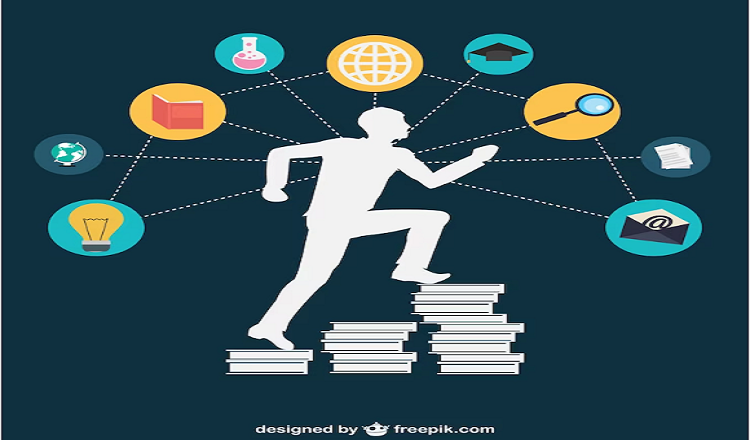Education is the key to how people grow and change. Education gives societies the tools they need to grow and deal with problems as they arise. Over the years, governments all over the world have put a lot of money into education because they know how important it is to have a well-educated people. But education is not a static area because new trends and changing needs in society always need to be paid attention to. Governments have supported study and development in education in order to keep making schools better.
What does “Research and Development in Education” mean?
Educational study and development is the process of using science to figure out how to make education better. It is a methodical and thorough attempt to understand education and the many things that affect how well it works. Through research and development, we learn new things and get new insights. We also come up with ways to make schooling better.
The part that governments play in research and development in education
Governments are very important to research and growth in the field of education. As the main people who pay for education, they have a clear interest in making sure it is the best it can be. Through research and development, states can figure out where their education systems are weak and come up with ways to fix them.
In developed countries like the US and UK, the government funds research and development through bodies like the National Science Foundation and the Education Endowment Foundation, respectively. These organisations focus on different parts of education, such as how to use technology in the classroom, how to teach, and how to build a curriculum.
In developing countries, the government is just as important, if not more so, when it comes to study and development in education. Most of the time, these countries don’t have the resources or infrastructure of developed countries, and their school systems need a lot of work. In these kinds of situations, governments can work with foreign groups like UNESCO and the World Bank to fund research and development projects.
Why research and development in education that is funded by the government is a good thing
Education is a complicated field, and making sure it’s good takes research and development that never stops. Research and development in education that is funded by the government can help in a number of ways:
Better results from students
Research and development can help teachers and programme designers figure out what works best. By using these strategies, student performance gets better, which leads to better results and a higher chance of success.
More people can go to school.
Research and development can sometimes lead to new ideas that make it easier for people to get an education. For example, using technology can give students in remote places access to learning materials that they didn’t have before.
Changes in the economy
Education and economic growth are closely connected. By putting money into research and development in education, governments can build a skilled workforce that can help the economy grow and improve.
Competition Around the World
For countries to be able to fight on a global level in a globalised world, their education systems must be the best they can be. Research and development in education that is funded by the government can help a country stay ahead of the curve and keep up with the rest of the world.
Examples of Educational Research and Development Initiatives Backed by the Government
National Science Foundation (NSF)
The NSF is a government agency in the United States that supports scientific research and education. It is not part of the Department of Education. It pays for research and development projects that try to make STEM education better. For example, the NSF has paid for studies on ways to teach that get students more involved and encourage them to think critically.
The Education Endowment Foundation (EEF) is a charity that gives money to schools.
The EEF is a charity in the United Kingdom that pays for research and development to help poor kids get a better education. It has paid for research on new ways to teach, early childhood education, and getting parents involved.
How to Get to Rwanda
Bridge to Rwanda is a relationship between the government of Rwanda and the Bridge International Academies. The goal of this partnership is to improve education in Rwanda. The plan includes programmes to train teachers, come up with new ways to teach, and use technology to make education more accessible.
The SPARK project
Project SPARK is a programme in India that is supported by the government. Its goal is to improve science teaching in rural areas. As part of the project, digital material and programmes for training teachers are being made. It has worked to get more students involved and improve how well they do in school.
In the end,
Education is a key part of how people grow and change, and it is the government’s job to make sure that education is as good as it can be. Research and development in education that is funded by the government leads to new knowledge and ideas that can lead to better results for students, more access to education, economic growth, and global competitiveness. If governments around the world want to give their people a better future, they need to keep putting research and development in education at the top of their lists.
Read More You May Like:
- International Organizations for Teacher Development
- Educational Aid Programs from the Government
- International Organizations Providing Distance Learning
- Government-Sponsored Scholarships for Education
- Global Education Resources for Students

